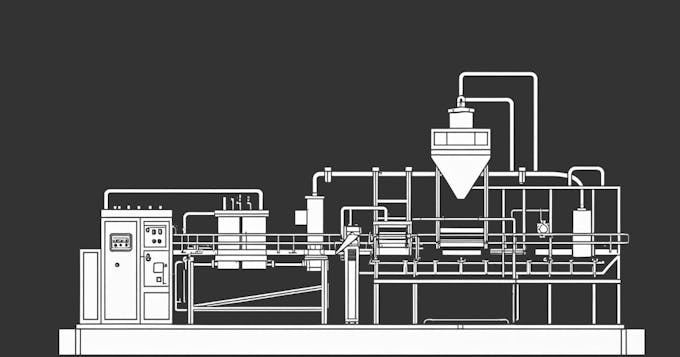With an increasing global spotlight on environmental responsibility and the complexities of ESG reporting requirements, businesses, especially in the manufacturing sector, are under pressure to deal with high carbon emissions, increasing operational costs, and tight regulatory reporting deadlines while also demonstrating tangible progress. A €180m-revenue manufacturing company, amidst these challenges, turned to carbmee EIS™ for assistance in collecting the right data across its organization, preparing for ESG reporting, and taking action to show progress through reduction plans.
Challenge
Some companies submit ESG data because of regulatory mandates others need to respond to their customers requirements and show sustainable business practices.
In both cases, they are facing the same challenges: they have to understand the new requirements and then encounter inconsistencies in their data collection methods. New European regulations - such as CSRD (Corporate Sustainability Reporting Directive) - presume acurate data calculation for reporting, demanding substantial resources and expertise.
The manufacturing company had several options. Either hiring a small team of sustainablity experts and building up fixed costs with internal knowledge or engaging external consultants which cause high variable costs and fast solutions in order to position the company from a strategic sustainability perspective.
Solution
After the consideration of the two investment cases (fix costs vs variable costs) and the analysis of the output (slow and internal knowledge vs fast and external dependencies), the manufacturer decided to use the advantage of software automation. From an ROI perspective, this approach can combine the advantages of the two other alternatives. Low fix costs and high quality sustainability knowledge which is implemented in the company`s processes.
carbmee EIS™ emerged as the optimal solution, offering efficient and accurate ESG reporting tailored to the manufacturing sector's unique needs.
We supported our customer through the entire reporting journey:
- Initially, a double materiality assessment has been conducted to identify critical areas of concern within their operations.
- The main impact area with big data requirements has been the Environmental Impact We deployed our cutting-edge EIS™ Carbon Management Software tailored to their specific needs.
- To ensure the seamless integration of this technology, we conducted training sessions for their staff, empowering them to harness the software's full potential effectively and starting with the GHG emission reduction initiatives.
- With the help of the Carbon Accounting and Carbon Footprint Management System, we guided them through the reporting framework required by regulations, while identifying gaps and discrepancies to ensure high data quality and full compliance.
- Our commitment extended beyond implementation, as we continued to support their sustainability journey through ongoing monitoring, providing regular reports and tracking performance to ensure your environmental goals are consistently met and exceeded.
Results
In addition to ensuring full ESG regulatory adherence, our customer proudly accomplished a remarkable 30% reduction in CO2 emissions within six months, reflecting their commitment to environmental sustainability. Simultaneously, they achieved substantial cost savings of 20% by optimizing resource utilization, while fostering staff engagement and sustainability awareness within their organization.




